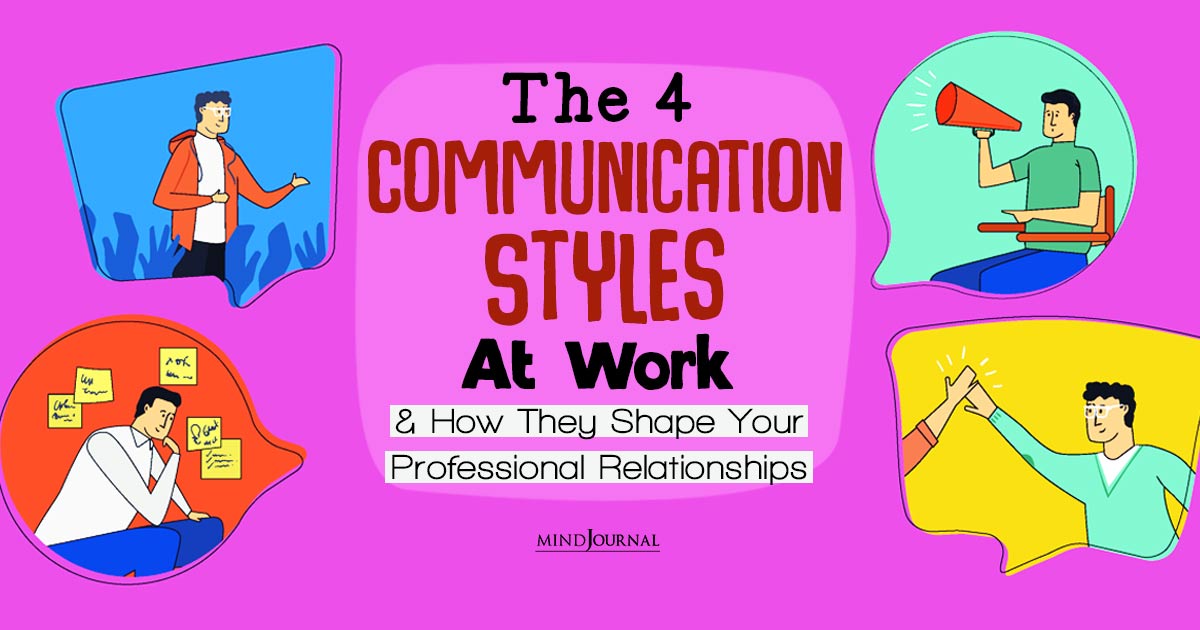The struggles of first-time leaders are both real and widespread. New leaders are thrown i6to the deep end to sink or swim. They either figure out how to become a successful leader or fail and retreat disillusioned back to individual contributors and unlikely to step up to a leadership role again.
How often do you see high-performing individuals promoted into leadership roles? The skills that enabled an individual to perform at a high level are rarely the same ones that will support them as an influential leader. When people choose to step into a leadership role, they are more likely to bring the right attitude and behaviors that breed success.
Stepping into a leadership role is one of the most courageous decisions in one’s career. In today’s digital world, a new kind of leader is required. A leader that consistently leads others by supporting people and the organization to grow intentionally through pursuing goals that stretch their skills, collaborating and fostering interdependence, opening doors of opportunity for others, and a commitment and passion for becoming better leaders.
In an episode of Masters Of Scale podcast, LinkedIn founder Reid Hoffman shared, every leader has to create a drumbeat for their company. The leader supports their people to define how they follow and act in the day-to-day business.
No one is immune to facing new challenges. New leaders must understand the problems, identify what needs to be done now, and how they can impact the organization. Here are 12 ways first-time leaders can take themselves to the next level.
1. The transition should not be underestimated
Many organizations do not provide the support required to enable leaders to transition into a first-time leadership position successfully. Globoforce reported that 47 percent of managers don’t receive any training when they take a new leadership role. Development and eLearning programs must be in place months before the transition to build leadership skills while being coached regularly.
In a recent interview with Microsoft Joe Whittinghill, Corporate VP discussed how Microsoft has rolled out a new management framework to its leaders centered around a growth mindset called Model Coach Care. Their structure invests in leaders having to coach their employees to be active role models and demonstrate how they care about their employees and their personal growth.
Read A 3-Step Guide To Get Your Narcissistic Boss To Like You
2. Great conversations drive bottom-line impact
Interacting effectively with others creates environments where both leaders and teams are engaged and inspired. The quality of interactions affects how people feel about themselves, their leader, and being part of the team.
Harvard Business Review published recent research supporting that leaders who listen well are perceived as people leaders, generate more trust, instill higher job satisfaction, and increase their team’s creativity. Leaders stepping into these roles must ask themselves – am l a good listener? Because if you are going to lead, you must be.
A new study published in the Personality and Social Psychology Bulletin showed that organizations either have a growth or fixed mindset. Carol Dweck, who was part of the research team, confirmed that whichever the leader chooses to practice will flow to the employees, how they see the company and act within.
3. Leadership is a never-ending journey
As Malcolm Gladwell outlined in his book Outliers, it takes 10,000 hours to master a skill. Organizations can support the development of leadership skills by focusing on building leadership development journeys that span multiple years. Like all professionals, leadership requires continued opportunities for practice, skill-building, and real-world experiences.
The organization must provide the tools and culture to make this happen. By proactively seeking out experiences to apply skills and building a habit of collecting feedback on progress, they position themselves as a self-driven leader and embody self-reflection on how they can improve.
Read 10 Tips For Dealing With Negative Energies At Work
4. There is no endpoint
No leader ever reaches the finishing point. Even when leaders become an authority or thought leader in their industry, the environment in which they operate would more than likely continue to change. Leaders must create a new set of expectations and develop new skills to continue to have a presence and impact. AT&T continuously train their employees to ensure they have the skills the company needs to succeed in an ever-changing world.
5. Leaders work for their people
Most first-time managers think that stepping into a leadership role is graduation. The truth is, it is the starting point. As a leader, you must understand what your employees want at a deep level and can adapt to their needs. Different needs drive each person. For some, people are driven by status and money; others by wanting to spend more time with their family or others may wish to broaden experience and work in a global office.
By delving into what intrinsically motivates your people, first-time leaders increase their emotional intelligence by listening, empathizing, and empowering their people. The best leaders are the most excellent mentors as they take all the blame and give all the credit away.
Tony Chatman’s book, The Force Multiplier, he argues when first-time leaders have done the groundwork about what it means to be a leader, they become a “force multiplier” by bringing out the best in others simply because of their presence. The leader becomes indispensable.
Read Top 10 Bad Leadership Behaviors That Destroy Organisations
6. Kindness has a greater impact
When it comes to leading a team, compassion and empathy are underrated qualities. If first time leaders are secure within themselves, they will build other people up instead of tearing them down.
When you care about your people at a deep level, you sit in the winner’s seat. Companies that have all the tools and software in the world to monitor how people are traveling, yet if they genuinely do not care about their people, they will ultimately fail.

People demand authenticity and transparency within the workplace. Vaynermedia was one of the first to employ a Chief Heart Officer. Positivity, kindness, and empathy must be the foundation of how you deliver conversations. Instilling characteristics, as part of your culture, has a long-term impact on your business.
7. Trust is your most valuable asset
How often do you hear the manager placing restrictions around their employees and then left them once they have ‘earned” the trust of the leader? Many managers are either afraid of short-term losses that come with giving trust or fearful that their employees will be better than them, so fear becomes the common denominator informing their decisions.
What if we flipped this belief and embraced unlimited trust as the foundation of any professional relationship at the beginning and then slowly take that trust away if they do something to lose it.
Read 5 Dysfunctional Conversation Types When Delivering Bad News
8. Have the courageous conversation
When dealing with underperforming people who have talent, then managers must look at the infrastructure that supports their people to shine. Maybe the person sits in the wrong department; perhaps the manager hasn’t asked the right questions.
What is more important is how you have a conversation with the employee about how the leader and company can help them succeed. The onus sits with the leader. Leaders create rules and have the power to change them.
9. Better the employee experience
It is the leader’s responsibility to reframe focus on longer-term objectives. Leaders must encourage employees to do more of what they do best while facilitating on how they can improve areas of development. By making your comments specific and actionable, allows the employee to hear constructive feedback that can lead to positive change. The more you listen to your people before giving feedback, the better the employee experience. Harvard Business Review highlights the more the employee understands and agrees with the basis of the input, the more buy-in into the course of action.
Read 3 Tips To Create Conversations That Are Worth Having In Your Workplace
When you deliver feedback, focus on discussing what happened, stick to the facts instead of focusing on how the employee did something wrong. It is a perfect opportunity for a leader to co-create solutions with the employee in their journey of change.
10. Schedule one-on-one time
Gallup revealed that employees whose managers hold regular meetings are almost three times as likely to be engaged as employees whose managers don’t. Hosting weekly one-on-one meetings strengthens relationships between the leader and their team members, builds team loyalty, and they take the guesswork out of leadership.
When you invest time to get to know your people well, unfiltered conversations provide great conversations for you to make informed, forward-thinking decisions as a leader to drive exceptional results.
11. Listening conveys trust
Influential leaders embrace responsibility for their whole team to succeed in their roles. While many assume being a boss means having all the answers, courageous leaders engage employees to share their ideas and solutions before jumping in. By discussing with each employee their Individual Development Plan, the staff develops ownership over their roles and results.

When leaders invest time and energy into discussing new goals and how to develop new skills, the leader marries company objectives with individual goals to ensure all benefits.
Read How To Keep a Conversation Going? The Art Of Listening For Hooks
12. Leaders create leaders
The ultimate gift a leader can give is to create another first-time leader that replaces you. Paying this forward creates an opportunity for individual contributors to stand up and be seen. Leaders create more leaders, and providing the opportunity for another human being to embrace a level of fulfillment that comes from leadership is an incredible gift.
Please share this article with anyone who you may think will find it valuable and helpful.
Written by: Angela Kambouris This column was originally published on Entrepreneur.com on 3 February 2020 https://www.entrepreneur.com/article/343572 Copyright 2020 by Entrepreneur Media, Inc. All rights reserved. Connect with her on LinkedIn Republished with permission.









Leave a Reply
You must be logged in to post a comment.